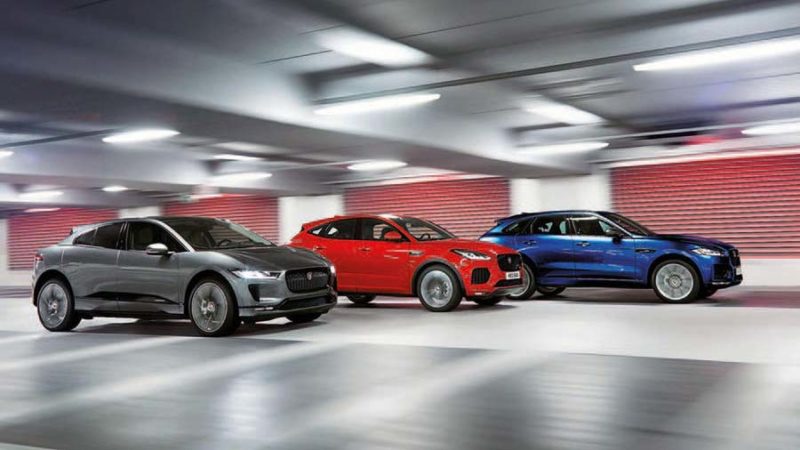Iconic British auto maker Jaguar Land Rover (JLR) will make three new pure electric vehicles at a £1 billion ($A2 billion) specialist electric vehicle production facility by converting its historic Castle Bromwich site.
A reborn, all-electric XJ, J-Pace SUV and “Road Rover” will be built at the centre, which will undergo a massive transformation alongside JLR’s factory in Solihull as part of the billion dollar investment, sources have told UK car magazine Autocar.
First news of the redevelopment of the Bromwich site came in September, when JLR revealed at a company press conference the previously ditched XJ would be revived in all-electric form.
“This facility will give us flexibility to develop EVs and hybrid vehicles alongside our diesel cars, giving customers even greater choice,” Speth said at the press conference.
More whispers of a “major electric offensive” from the British marque, which in 2019 suffered a 10% drop in sales from the previous year, came in October when Autocar reported that company documents it had seen referred to an electric “Road Rover”.
Now Autocar’s sources confirm both of these vehicles, alongside a J-Pace SUV, will be built at the redeveloped plant.
All models will share the same MLA modular platform, which can be modified for battery electric, plug-in hybrid (PHEV) or petrol/diesel-powered engines and will underpin Jaguar’s entire lineup by 2025.
It is as yet unclear whether the J-Pace will be all-electric vehicle as for the XJ or simply a plug-in hybrid. A recent interview with Jaguar head of design Ian Callum that was printed in The Sun and quoted by Autocar suggests this has not yet been finalised.
“It could be. I think it is important Jaguar latches on to the idea now that we’re an electric car company – because one day everyone will be, so let’s just get on with it,” Callum was quoted as saying.
The XJ, ditched in July last year by JLR, will be completely remastered with an eco-conscious focus by the same design and development team that created the Jaguar I-Pace.
The new “Road Rover”, which gained its moniker when it was first touted in 2017, will be a “medium-sized SUV” according to company documents and expected to fall between the Evoque and the Velar in size.
To power its new stable of electric vehicles, JLR is also planning an electric car battery plant in Warwickshire, near BMW’s Hams Hall engine plant, and electric motors will be built at JLR’s i54 engine plant in Wolverhampton.
The new 50,000m² Warwickshire EV battery plant, which will source its energy from renewable sources including from 3,000m² of photovoltaic solar panels, was officially opened in September.
For now, however, the British car maker has suspended all manufacturing until late April to assist containment of the life-threatening Coronavirus, joining other UK car makers including BMW, Toyota, Honda, Nissan and Vauxhall.
In a statement on Friday, quoted by the BBC, the company said its plan to restart UK production on April 20 was “subject to review of rapidly-changing circumstances”.
RenewEconomy and its sister sites One Step Off The Grid and The Driven will continue to publish throughout the Covid-19 crisis, posting good news about technology and project development, and holding government, regulators and business to account. But as the conference market evaporates, and some advertisers pull in their budgets, readers can help by making a voluntary donation here to help ensure we can continue to offer the service free of charge and to as wide an audience as possible. Thankyou for your support.

Bridie Schmidt is associate editor for The Driven, sister site of Renew Economy. She has been writing about electric vehicles since 2018, and has a keen interest in the role that zero-emissions transport has to play in sustainability. She has participated in podcasts such as Download This Show with Marc Fennell and Shirtloads of Science with Karl Kruszelnicki and is co-organiser of the Northern Rivers Electric Vehicle Forum. Bridie also owns a Tesla Model Y and has it available for hire on evee.com.au.

